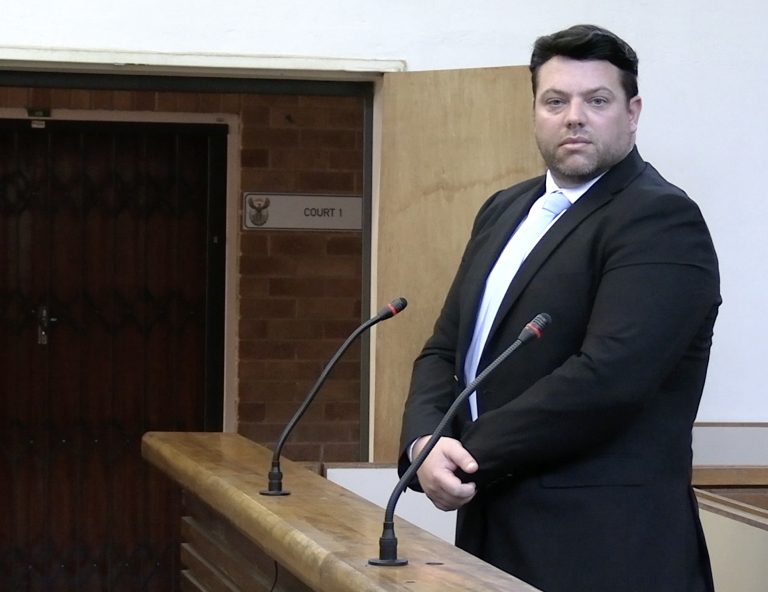AfriForum calls for immediate action to combat illegal border crossings amid Mozambique crisis
AfriForum is urging the South African Border Management Authority (BMA) and law enforcement agencies to strengthen their efforts to combat illegal border crossings from Mozambique into South Africa. Recent unrest in Mozambique has forced thousands to flee their homes, creating a surge of refugees entering neighbouring countries such as Malawi and Eswatini. However, the exact number of Mozambicans crossing into South Africa remains unclear, raising serious concerns about border security and the effectiveness of current measures.
This crisis stems from post-election violence in Mozambique, which has displaced thousands. According to the UN Refugee Agency (UNHCR), approximately 2 000 people entered Malawi during the last week of 2024, while over 1 000 have sought refuge in Eswatini. The Malindza refugee reception center in Eswatini, designed to accommodate 250 people, is now housing over 1 000 individuals, underscoring the severity of the crisis.
In South Africa, the situation is no less alarming. In December, BMA officials at the Lebombo port of entry intercepted a minibus taxi smuggling 14 undocumented children, aged between 4 and 14, from Mozambique. These children were rescued thanks to the vigilance of border officials, but such incidents highlight the ongoing risks posed by criminal networks exploiting the current chaos.
“We have to ensure that those seeking asylum do so through the correct and legal processes, seeing as criminals such as smugglers and human traffickers are exploiting the crisis, and this can not be allowed,” says Jacques Broodryk, AfriForum’s Chief Spokesperson for Community Safety.
Broodryk emphasises that South Africa must take a multi-faceted approach to address this crisis, including:
- Strengthening security at all ports of entry and along porous border areas.
- Enhancing cooperation with neighbouring countries to tackle cross-border trafficking and illegal crossings.
- Working closely with community safety structures, such as AfriForum neighbourhood watches to monitor and patrol high-risk areas effectively.
“Several AfriForum neighbourhood and farm watch structures in border areas have been instrumental in patrolling South Africa’s porous borders,” Broodryk adds. “It is critical that authorities collaborate with these groups to strengthen border security and protect both South Africans and displaced individuals from exploitation.”
You can support AfriForum’s efforts to help secure South Africa’s borders here: www.afriforumbuurtwag.co.za











